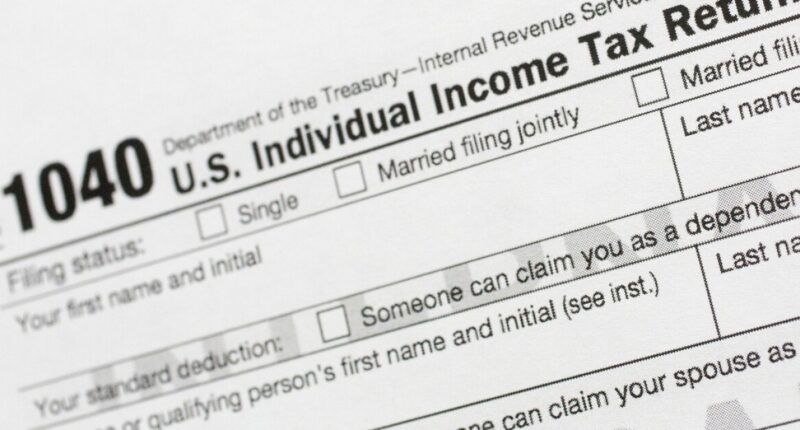Experts in cybersecurity warn that tax season attracts a lot of scammers who are improving their methods to deceive people through emails and texts.
During tax season, the prevalent scams usually revolve around pretending to be legitimate tax software companies or even the IRS itself, as stated by Cliff Steinhauer, the director of information security and engagement at the National Cybersecurity Alliance.
Steinhauer pointed out that scammers have evolved significantly. In the past, phishing emails pretending to be from TurboTax might have been easily recognizable due to their poor quality. However, nowadays, scammers can utilize artificial intelligence to replicate every detail of a brand, making their fraudulent emails appear much more convincing.
People often fall victim by clicking on a link that may look like it has something to do with their refund, according to Steinhauer.
Cybersecurity expert warns of spike in scams during tax season
“If an attacker is trying to get you to click on a link, they’re going to want to use the most attractive, urgent, emotional kind of message, and what’s bigger than claim your $9,000 tax return with this link,” Steinhauer said.
The IRS will never ask for information by text, Steinhauer said. If you think you’ve fallen victim to a tax season scam, Steinhauer said you should notify your bank and the IRS. You should also file a report with the Internet Crime Complaint Center.

















